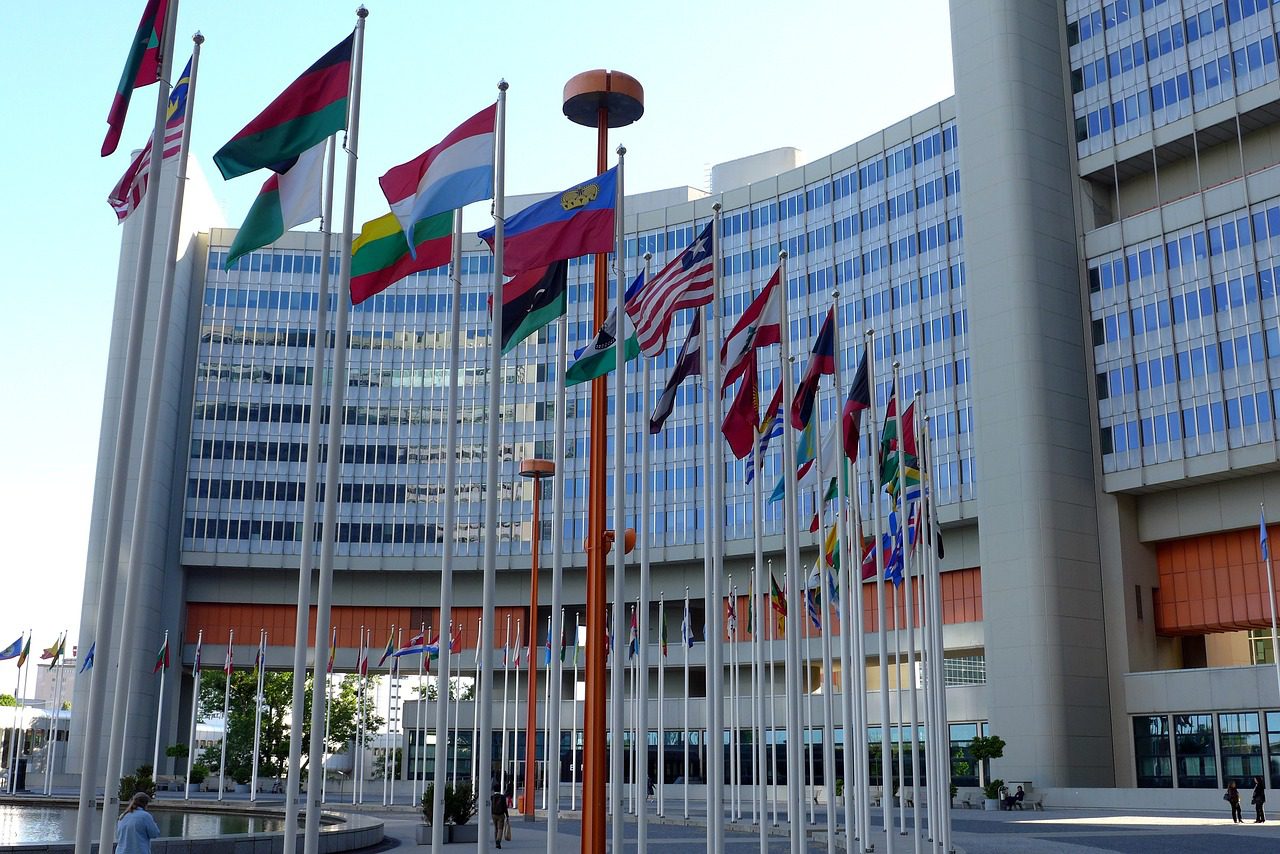
Report of the Special Rapporteur on trafficking in persons, especially women and children
The Secretary-General has the honour to transmit to the General Assembly the report of the Special Rapporteur on trafficking in persons, especially women and children, Siobhán Mullally, in accordance with Human Rights Council resolution 53/9.
In the present report, the Special Rapporteur calls for strengthening the focus on trafficking in persons in the women and peace and security agenda and in action plans and programmes, recognizing that trafficking in persons for all purposes of exploitation threatens peace and security and undermines peacebuilding processes and the realization and enjoyment of equal human rights. She also reflects on how gender shapes the experience of conflict, insecurity and injustice, for women and girls, men and boys, lesbian, gay, bisexual and transgender (LGBT) persons and persons of diverse gender identities, often limiting the equal protection of rights. She calls for a more comprehensive approach to the achievement of gender equality, recognizing the significance of gender in the realization of justice, peace and security. She recalls that achievement of gender equality requires a transformation of gendered relations of power and inequality and recognition of the indivisibility of rights: economic, social and cultural, and civil and political.
Finally, the Special Rapporteur analyses the limited progress made in integrating measures to combat trafficking in persons into the women and peace and security agenda at the United Nations and at the regional and national levels, and presents targeted recommendations to strengthen action to combat trafficking in persons in women and peace and security agendas, action plans and programmes, prioritizing the human rights of trafficked persons and effective prevention and accountability measures, including reparations and guarantees of non-recurrence. She builds on earlier analyses of trafficking in situations of conflict, climate change and displacement, refugee protection and forced displacement, on the intersections with terrorism and counter-terrorism, on the principle of non-punishment, and specifically on the women and peace and security agenda.
